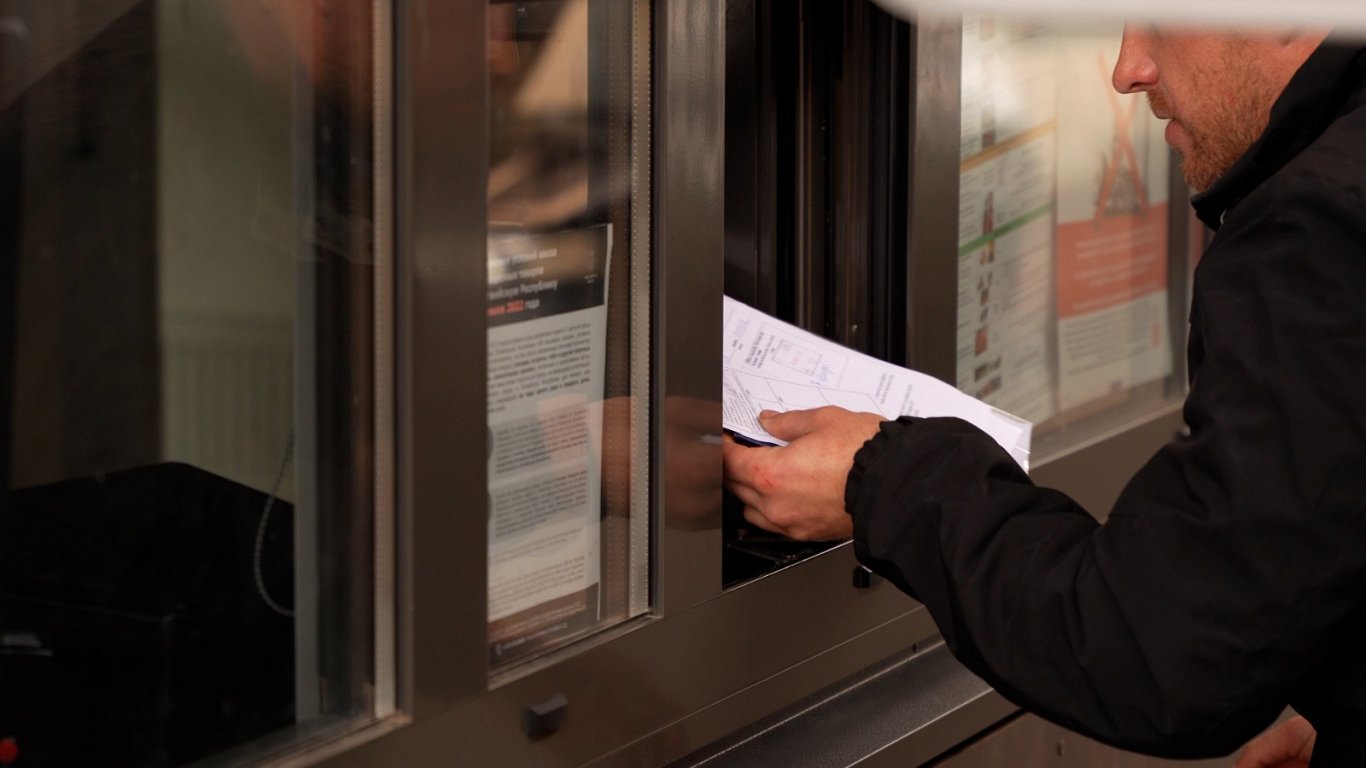As previously reported by LSM, the states involved in the entry ban believe allowing Russian tourists to enjoy the benefits of EU travel while their country continues its genocidal war in Ukraine is immoral. There are also concerns that the large numbers of Russians travelling across the Baltic states to other EU destinations present a potentially serious security threat.
The decision provides for restrictions on the entry of citizens of the Russian Federation, holders of Schengen short-stay visas, for non-essential purposes, for instance, tourism and leisure.
At an informal meeting of in Prague on 30-31 August, EU Ministers of Foreign Affairs decided to suspend the EU-Russia Visa Facilitation Agreement, as well as seeking EU-level solutions to restrict the issuing of tourist visas to Russian citizens. An EU-wide ban on tourist visas for Russian citizens was not agreed, though member states will now apply significantly tougher criteria when deciding whether or not to issue visas.
At the same time, a common understanding was achieved among the EU Foreign Ministers that countries bordering on Russia could impose national-level restrictions on entry into the EU, ad that is what most of the countries meeting that criteria have chosen to do. In Finland, debate on the matter is ongoing.
Latvia, Estonia and Lithuania have agreed on their own regional solution so that, pending collective EU action, traveller flows from Russia can be effectively and promptly restricted, thereby reducing security risks. The decision has been adopted in a concerted manner, in cooperation between Latvia, Estonia and Lithuania, and it takes effect simultaneously in the three Baltic States on 19 September 2022 and are of indefinite duration. However, there are exceptions to the wider ban.
The following categories of persons WILL be permitted to enter:
- the holders of residence permits of a member state of the European Union or the European Economic Area, or of the Swiss Confederation, or long-stay visas of a Schengen Agreement member state;
- family members (spouses, grandparents, parents, children, grandchildren, and dependent persons) of the nationals of the Republic of Latvia;
- family members of the nationals of the European Union, the European Economic Area, or the Swiss Confederation;
- employees, crew members of freight and passenger transport service providers, crews of freight or technical voyages arriving in or departing from the Republic Latvia while performing their job duties;
- seafarers and members of the merchant marine on their way to or returning from their workplace aboard ship;
- persons whose entry is related to humanitarian considerations;
- the staff of the diplomatic and consular missions of the Russian Federation accredited in or sent to the Republic of Latvia, and their family members, diplomatic couriers or ad hoc diplomatic couriers of the Russian Federation, persons travelling to the Embassy of the Russian Federation in the Republic of Latvia on a short-term business trip for the provision of technical support, staff of the diplomatic missions and consular posts of the Russian Federation crossing the territory of the Republic of Latvia in transit for the performance of their official functions and their family members, as well as persons crossing the territory of the Republic of Latvia in transit while on a short-term business trip to the Embassy of the Russian Federation for the provision of technical support in the receiving country.
- holders of a Facilitated Transit Document (FTD) or a Facilitated Rail Transit Document (FRTD) who are travelling from the Russian Federation to the Kaliningrad Oblast in the Russian Federation and back.




























